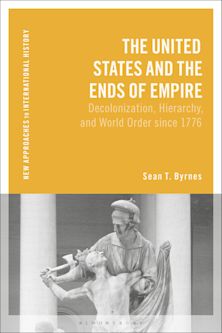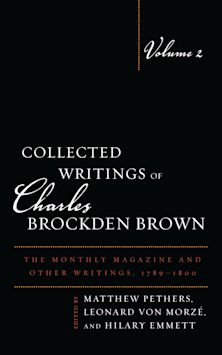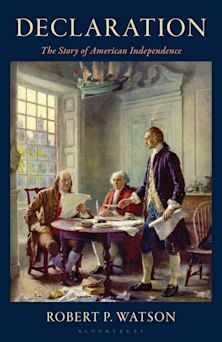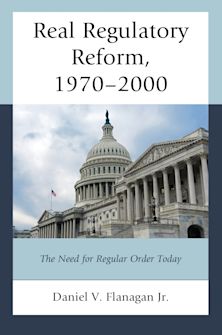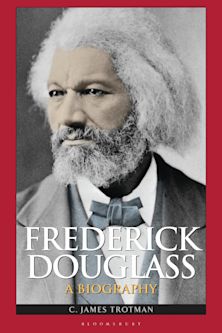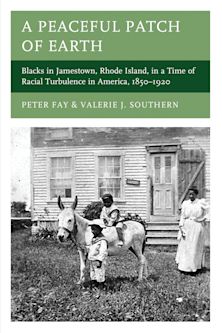- Home
- ACADEMIC
- History
- United States History
- A Pragmatist's Progress?
A Pragmatist's Progress?
Richard Rorty and American Intellectual History
John Pettegrew (Anthology Editor) , Casey Nelson Blake (Contributor) , James T. Kloppenberg (Contributor) , Jeffrey Isaac (Contributor) , James Livingston (Contributor) , Barry Allen (Contributor) , Joan Williams (Contributor) , Richard Rorty (Afterword)
- Textbook
A Pragmatist's Progress?
Richard Rorty and American Intellectual History
John Pettegrew (Anthology Editor) , Casey Nelson Blake (Contributor) , James T. Kloppenberg (Contributor) , Jeffrey Isaac (Contributor) , James Livingston (Contributor) , Barry Allen (Contributor) , Joan Williams (Contributor) , Richard Rorty (Afterword)
- Textbook
For information on how we process your data, read our Privacy Policy
Thank you. We will email you when this book is available to order
You must sign in to add this item to your wishlist. Please sign in or create an account
Description
In this volume, a host of distinguished scholars examine Richard Rorty's influence on twentieth-century American pragmatism and its commitment to achieving social democracy. Rorty's reclaiming of the pragmatist tradition and his contribution to the discipline of intellectual history are highlighted; at the same time, each essay finds Rorty's pragmatism (most fully enunciated in Contingency, Irony, and Solidarity) lacking in its privatist vision of the good life. This criticism is drawn out through explicit comparisons between Rorty and his grandfather Walter Rauschenbusch, William James, John Dewey, Randolph Bourne, Richard J. Bernstein, and other twentieth century pragmatist thinkers. This volume offers the most complete historical treatment of this controversial intellectual to date.
Table of Contents
Chapter 2 Pragmatism: An Old Name for Some New Ways of Thinking?
Chapter 3 Rorty, Radicalism, and Romanticism: The Politics of Gaze
Chapter 4 Private Life and Public Commitment: From Walter Rauschenbusch to Richard Rorty
Chapter 5 Lives of Irony: Randolph Bourne, Richard Rorty, and a New Genealogy of Critical Pragmatism
Chapter 6 Is It Pragmatism? Rorty and the American Tradition
Chapter 7 Is the Revival of Pragmatism Practical?
Chapter 8 Narrative Politics: Richard Rorty at the "End of Reform"
Chapter 9 Afterword: Intellectual Historians and Pragmatist Philosophy
Product details
| Published | 28 Jun 2000 |
|---|---|
| Format | Paperback |
| Edition | 1st |
| Extent | 232 |
| ISBN | 9780847690626 |
| Imprint | Rowman & Littlefield |
| Dimensions | 227 x 149 mm |
| Series | American Intellectual Culture |
| Publisher | Bloomsbury Publishing |
About the contributors
Reviews
-
This superb collection of critical essays illuminates the intellectual journey of Richard Rorty, one of the most interesting, elusive, and unpredictable philosophers of the late twentieth century. From antifoundationalist neopragmatist to socially engaged public intellectual, Rorty has challenged and sometimes baffled his admirers and detractors alike. These essays, nicely introduced and contextualized by editor John Pettegrew, offer invaluable insights to all those interested in Rorty's evolution, the history of pragmatism, the larger contours of twentieth-century intellectual history, and the public discourse of our day.
Paul Boyer, Institute for Research in the Humanities, University of Wisconsin-Madison
-
Discerning essays that clarify Rorty's place in American intellectual history and explain Rorty's special appeal to theoretically-engaged historians.....
David A. Hollinger, University of California at Berkeley
-
Insightfully introduced and contexualized by editor John Pettegrew, these well-written and probing pieces map the trajectory of Rorty's philosophical odyssey against the backdrop of America's and pragmatism's historical development.
Choice Reviews
-
These essays succeed in illustrating the analytic fertility of intellectual history in relation to this influential and controversial thinker whose significance is hard to capture either through philosophical or political analysis alone.
Political Studies Review
-
The excellent essays in this volume, some previously published, engage with Rorty but invariably find him lacking.
Journal of American History
-
The essays in this volume make it all the more apparent why Richard Rorty
has become a lightening rod in contemporary American culture, and why intellectual historians have been among his sternest critics. Rorty's
bracing response to them is also further evidence that he can stand out in a storm.Robert Westbrook, professor of history, University of Rochester; author of John Dewey and American Democracy













